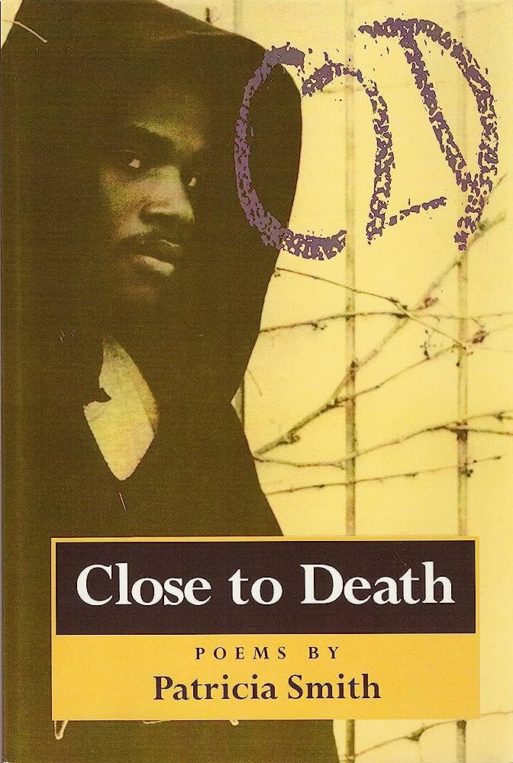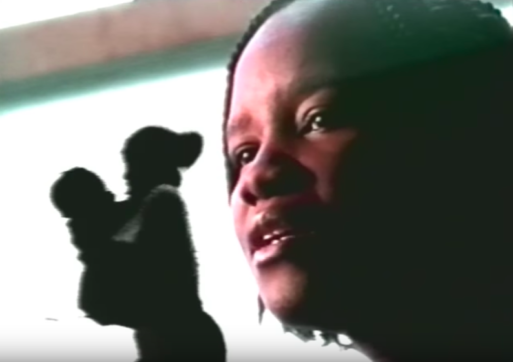 Like bards long ago, the poet Patricia Smith is often inspired by the news of the day. Often it’s unwelcome news that takes place in her Chicago neighborhood. In “Undertaker” she tells the story of a local boy shot in the head. This tragedy that gets replayed in city streets over and over again is told from the point of view of the man whose job is to fulfill the wish of the mothers of the deceased — women who sit doubled-over at his office desk.
Like bards long ago, the poet Patricia Smith is often inspired by the news of the day. Often it’s unwelcome news that takes place in her Chicago neighborhood. In “Undertaker” she tells the story of a local boy shot in the head. This tragedy that gets replayed in city streets over and over again is told from the point of view of the man whose job is to fulfill the wish of the mothers of the deceased — women who sit doubled-over at his office desk.
knotting their smooth brown hands,
and begging, fix my boy, fix my boy,
Here’s his high school picture.

Patricia Smith turns her poem ” Undertaker”
into a performance piece in a youtube video
Smith characteristically embeds others voices into her poems. In this case the mortician’s voice resonates beyond the page as he describes how he works with:
… flaps of cheek,
slivers of jawbones, a surprised eye,
assorted teeth, bloody tufts of napped hair
He tells the mother of the latest victim of gun violence that he will be able to reconstruct the boy’s shattered face — but at great expense, literally.
The high price
of miracles startles the still-young woman,
but she is prepared. I know that she has sold
everything she owns, that cousins and uncles
have emptied their empty bank accounts,
that she dreams of her baby
in tuxedoed satin, flawless in an open casket.
When the undertaker writes the cost of the facial reconstruction on a piece of paper and pushes it to his grief-stricken client, she stares at the paper, takes a deep, mournful breath, and utters, “Jesus.” He works on the body through the night until dawn.
bent over my grisly puzzle pieces, gluing.
stitching, creating a chin with a brushstroke.
And he tells the audience how he deliberately tries not to think about the stories mothers have told him about their “Ronnie … Willie … Michael … Chico …” Often they claim it was not their sons’ fault.
It was self-defense. He was on his way home …
He stepped between two warring gang members at a party …
He was in the wrong place at the wrong time.
Fix my boy; he was a good boy. Make him the way he was.
But the reader senses that the undertaker feels he has played out this scenario too many times. Grant Faulkner, Executive Director of National Novel Writing Month, addresses the undertaker’s frustration, anger, and disgust at the number of bodies he’s had to restore. In a twist the reader may not see coming, the undertaker implies he would prefer that the mothers acknowledge the ugly, non-heroic, reality of street violence. He seems to suggest a non-monetary cost of fixing the boys to the way they were before the shooting is an even more exorbitant price to pay for his work, for he has been hired to cover up the ugliness of street violence with a sense of false beauty.
Suddenly, I wanna take her down
To the chilly room, open the bag
And shake its terrible bounty onto the
gleaming steel table. I want her to see him.

 “Undertaker” by Patricia Smith
“Undertaker” by Patricia Smith


 First the Wealth Gap, Now the U.S. Has a Growing Health Gap
First the Wealth Gap, Now the U.S. Has a Growing Health Gap
 How to Comfort A Dying Loved One
How to Comfort A Dying Loved One
 Our Annual Seven Holiday Gifts for Someone Who Is Grieving, 2024 Edition
Our Annual Seven Holiday Gifts for Someone Who Is Grieving, 2024 Edition














